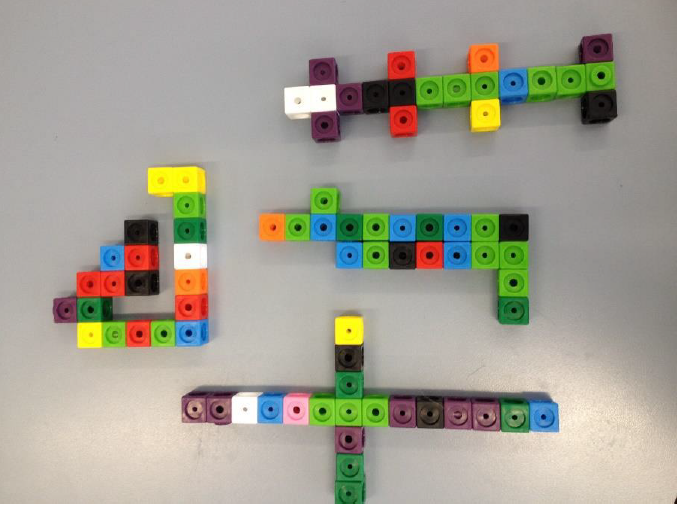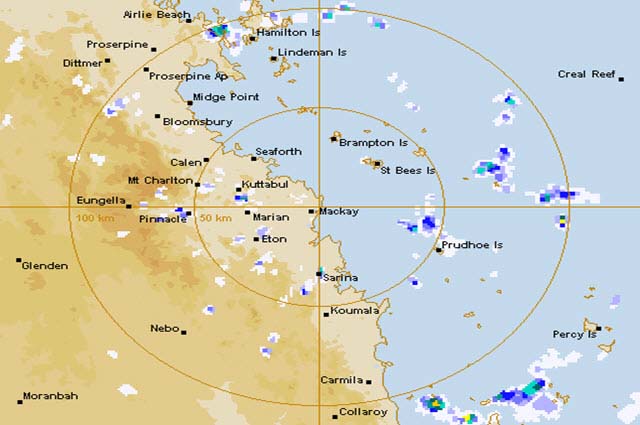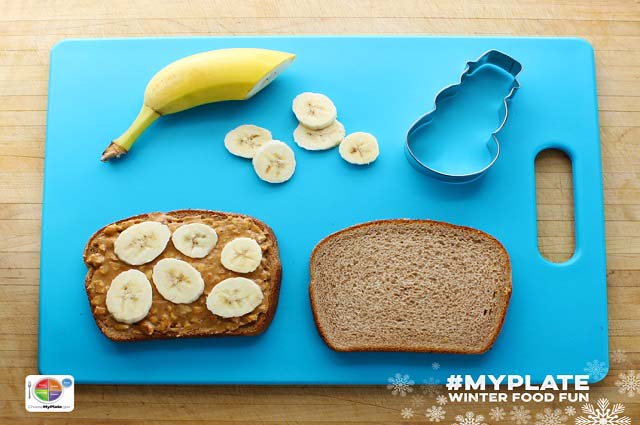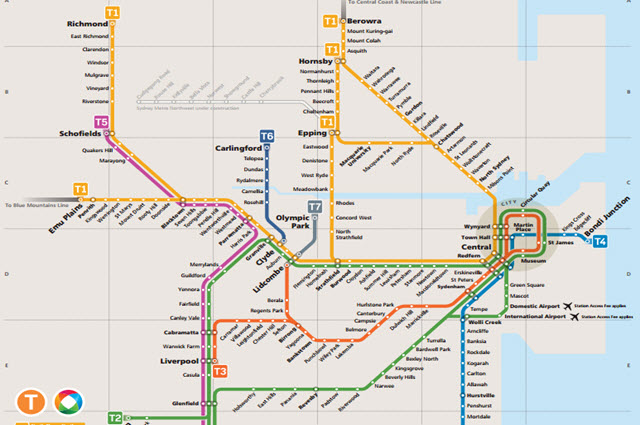Inclusive lesson resources
Take a look at some of our inclusive education lesson ideas organised under four broad categories of disability: physical, cognitive, sensory, and social/emotional. Each lesson contains suggested functional adjustments to consider, indicated by an icon.
For further information about the functional adjustments suggested for each lesson, refer to our page on Disability categories.
Physical
A physical disability is a limitation in the mobility of a person that cannot be cured through rehabilitation. Functional adjustments may include adjustments for learners with poor fine motor control. In this lesson example, accommodation ideas are provided for tasks requiring fine motor skills.

Snap block models
Create a model using snap blocks 1 block high and create a code so someone else can build your model.

Is it going to rain today?
In this lesson sequence students understand the importance of data in effective decision-making, and are able to find, sort and interpret Bureau of Meteorology (BOM) rainfall data, and to collect their own data and analyse the resulting datasets.
Cognitive
Those with a cognitive disability have delayed development from birth, achieve milestones much later than typically developing children, and are academically and socially behind their typically developing peers. Functional adjustments may assist students with limited abstract thinking skills. In this lesson, more tangible (i.e. ‘concrete’) objects and known examples are suggested in place of abstract ideas.
Sensory
Sensory disability can include hearing loss and vision impairment. Deafness is typically when a person has no ability to hear sounds. For a student with vision impairment, functional adjustments may be required for having limited, low or no vision. In this lesson, accommodation ideas are provided to enable all students to design a sequence of steps for others to follow.

Introducing algorithms
In this sequence of lessons, students design a sequence of steps for others to follow.

Computer chatter 1: Networks and data transmission
In this lesson sequence students relate the concept of transportation systems to help them develop an understanding of the properties of networked systems and the underlying techniques used to transmit and validate data.
Social/emotional
Those with social/emotional differences may present a range of conditions, including repetitive and obsessive behaviours and interests, as well as a lack of understanding of social skills and routines. Functional adjustments may include additional scaffolding.